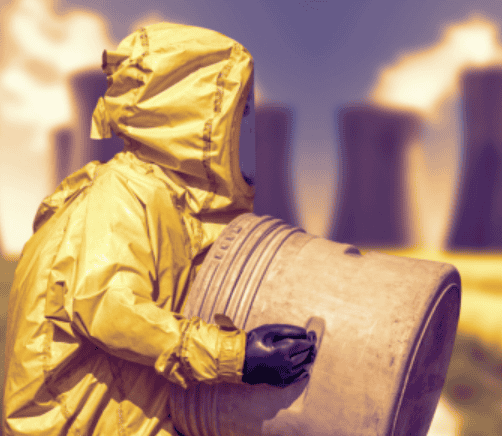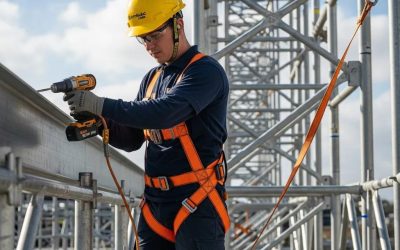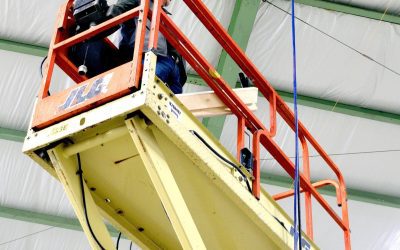HAZWOPER for Aerial Lift Rentals: OSHA Safety for Temporary Jobs
HAZWOPER Training for Aerial Lift Rental Customers: OSHA Compliance & Jobsite Safety
Introduction
If your company rents aerial lifts for work in industrial, construction, or maintenance settings, it’s important to know that using this equipment near hazardous materials brings special risks. Whether your crew is working near chemical tanks, overhead ductwork, or flammable vapors, OSHA requires training to keep workers safe. That’s where HAZWOPER—Hazardous Waste Operations and Emergency Response—comes in.
HAZWOPER training prepares your rental operators to identify hazards, wear the right protective gear, and take quick action during chemical spills or exposure. It’s especially important when lifts are used in plants, refineries, or any job site with chemical risks.
Why HAZWOPER Matters for Rental Operators
Rental customers often assume that only full-time site employees need training. But lift operators—whether internal or contracted—may face serious hazards during short-term jobs.
HAZWOPER training helps ensure:
- Operators know how to spot chemical dangers in unfamiliar settings
- Teams are prepared for emergencies involving leaks, vapors, or spills
- OSHA compliance is met, even on temporary jobs
- Liability is reduced for both the renting company and the job site
What Level of Training Is Needed?
The right course depends on how and where the lift is used:
- 40-hour: For rental teams working in chemical plants, waste sites, or other high-risk environments
- 24-hour: For projects with moderate exposure risks, like short-term facility maintenance
- 8-hour: For general awareness or annual refresher requirements
If you’re renting a lift for use in an area with known hazardous materials, it’s essential to ask what level of training your crew will need before work begins.
Common Hazards Near Aerial Lift Work Zones
Even if you’re only renting the equipment for a few days, your operators could encounter:
- Toxic fumes from nearby tanks or ventilation systems
- Spray paint or solvent mist drifting into the work area
- Overhead pipe leaks or accidental spills from upper levels
- Poor ventilation at height that concentrates dangerous gases
Without training, these risks can lead to injuries, shutdowns, or regulatory violations.
Safety Gear for Hazard-Prone Jobs
Rental lift users should be equipped with:
- Full-body harnesses and proper tie-off systems
- Chemical-resistant gloves and suits when near splash zones
- Respirators if fumes or poor air circulation are present
- Goggles or face shields for protection from mist or sprays
- Boots with slip and chemical resistance
Final Thoughts
If you’re renting aerial lifts for use in potentially hazardous areas, don’t overlook HAZWOPER training. It protects your team, your project timeline, and your company’s compliance record.
Ask rental partners about training expectations and make sure your team knows how to stay safe before going up. HAZWOPER isn’t just for long-term workers—it’s for anyone operating in harm’s way, even for a day.


